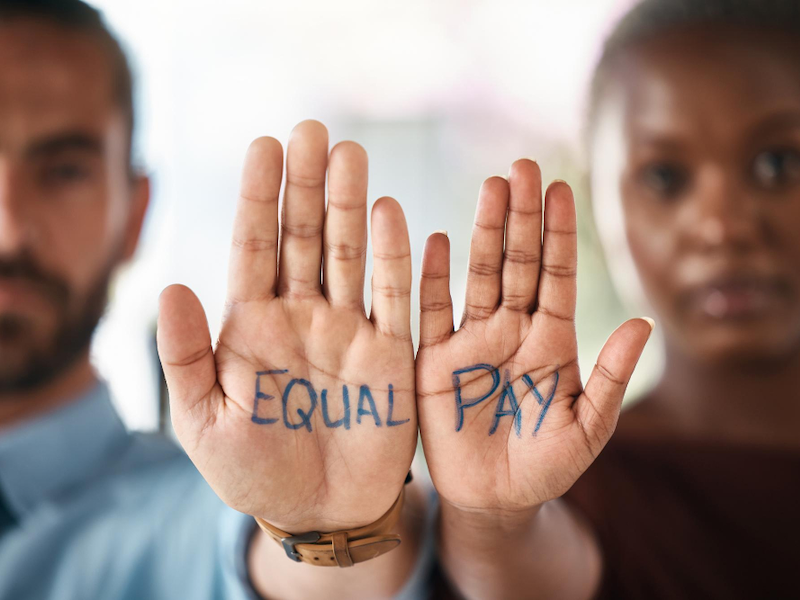The Council of the EU adopted a new pay transparency directive in April 2023, which demonstrates a clear effort to close the gender pay gap in the EU. While this indicates definite progress in the push for DE&I improvement, we must consider the other areas of DE&I that require urgent attention and ensure nobody is left behind as we strive for equity.
The term ‘pay equity’ is most commonly used to describe the gender pay gap. There are already various laws across EU countries and the UK that enforce the reporting of gender pay gaps in organisations. Regrettably, many organisations restrict their efforts to mere compliance with local laws, failing to demonstrate a genuine commitment to DE&I.
Ethnicity pay gap reporting is steadily gaining recognition and support across different regions. It’s important to note that some countries have specific regulations in place regarding the collection of ethnicity data. The EquiNations research, as published by the EDGE Certified Foundation, provides a comprehensive overview of DE&I legislation in select countries*, shedding light on varying approaches. For instance, France, Germany, Austria, and Belgium have established legal frameworks that restrict the collection of personal data related to race and ethnicity. While these restrictions are motivated by various factors, addressing this challenge represents an opportunity to make progress in narrowing the ethnicity pay gap.
Because of the lack of legislation enforcing the monitoring and closing of ethnicity pay gaps, these disparities often go unaddressed. Even in countries where the collection of ethnic data is allowed, often due to unconscious bias. In London alone, for example, workers from ethnic minority groups earn around 20% less on average than their white peers. Another study also revealed that in the UK, 42% of black professionals had not received a negotiated pay increase in the last year. This is more than twice the number of their white colleagues.
Additional research in the EU highlights the need for organisations to pay attention to ethnic pay gaps. When examining structural racism in workplaces, an EU study uncovered the unequal pay of ethnic minority employees. The overrepresentation of ethnic minorities in what are deemed ‘less desirable’ jobs. In Germany, for example, black workers earn almost 25% less compared to the majority population. Similar imbalances are seen in the UK, with 41% of Pakistani and Bangladeshi professionals in the three ‘least-skilled’ occupations. Leaders should educate themselves as well as their teams on unconscious bias.
I believe it is crucial to adopt an intersectional approach when examining all areas of DE&I. Including pay disparities between ethnic groups. To ensure real change is being delivered for everyone, we must consider all pay gaps that hinder equity at work.
It is also crucial we recognise that pay transparency alone cannot solve issues around pay equity. Pay transparency certainly makes the problem visible, but it doesn’t solve it. Having transparent practices will not close the gap. For example, an organisation where all senior professionals are white men and women, with ethnic minority talent in lower levels of responsibility, will still be accepted as providing equal pay for equivalent work.
True pay equity can’t exist without balanced representation in all levels of organisations, and conscious efforts to ensure pay is fair and balanced. Organisations must apply the same level of rigour and commitment to their DE&I journey as they would to other business-critical priorities.
About the author
Aniela Unguresan is the founder of EDGE Certified Foundation, which sets the leading standards for DEI in organisations across the globe.










